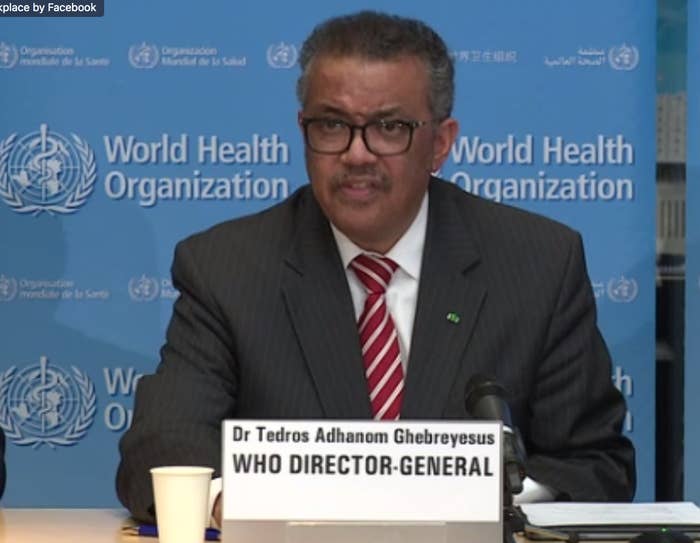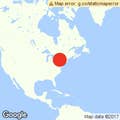
Citing "alarming inaction" by some countries with growing coronavirus cases, World Health Organization director-general Tedros Adhanom Ghebreyesus on Wednesday declared that the worldwide outbreak was a pandemic — meaning it is spreading outside containment measures in multiple countries worldwide.
"'Pandemic' is not a word to be used lightly," said Tedros, at a briefing in Geneva, Switzerland. "All countries can still change the course of this pandemic."
The pandemic pronouncement comes less than three months after the Dec. 31 notification of the organization by Chinese authorities of a new virus in Wuhan, China, affecting dozens of people and tied to a seafood market selling wild game.
Identified as a new coronavirus genetically related to 2003’s SARS virus, but more easily transmitted and with a dangerous serious case fatality rate of 2% to 4%, it has now spread to more than 100 nations and more than 118,000 cases. Experts project that 40% to 70% of humanity — that's 3 billion to 5.5 billion people — might eventually become infected by the virus because of a lack of both a vaccine or innate immunity to the novel pathogen.
In Italy and Iran, Tedros warned the situation was very serious, with patients filling intensive care wards, and shortages of ventilators, protective equipment, and medical staff. He pointed to the successful bottling up of outbreaks in China, with more than 80,0000 cases, and South Korea, with more than 7,000, as pointing to the possibility of constraining the epidemic in countries worldwide. Italy's Prime Minister announced on Monday that coronavirus lockdown measures were being extended to the entire country, with travel to be restricted to reasons of work, health, and emergencies, until April 3.
WHO had long resisted calling the coronavirus epidemic a pandemic, fearing that it would halt efforts at containing outbreaks in nations with weak public health services. The designation doesn’t free up any funds or create any obligations on United Nations member states.
"I think that it was a pandemic before now," coronavirus expert Stanley Perlman of the University of Iowa told BuzzFeed News, in reaction to the declaration. Past pandemics for influenza had been declared in 2009, 1968, and 1957, when new strains of flu circled the world in a few months.
"This is a characterization of a situation, it is not a trigger for anything other than more aggressive and intense action," said WHO's Mike Ryan, calling for countries with limited numbers of cases to strengthen containment of the outbreak. "It is a call to not give up."

